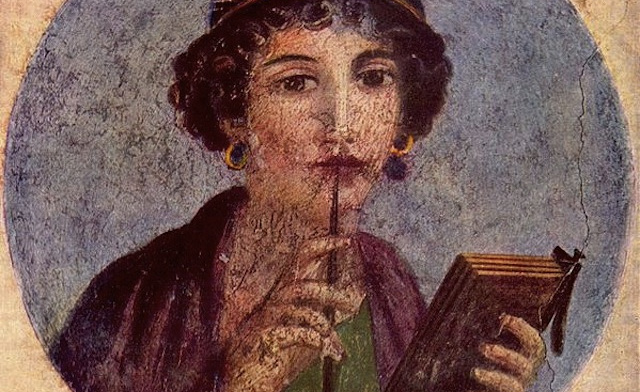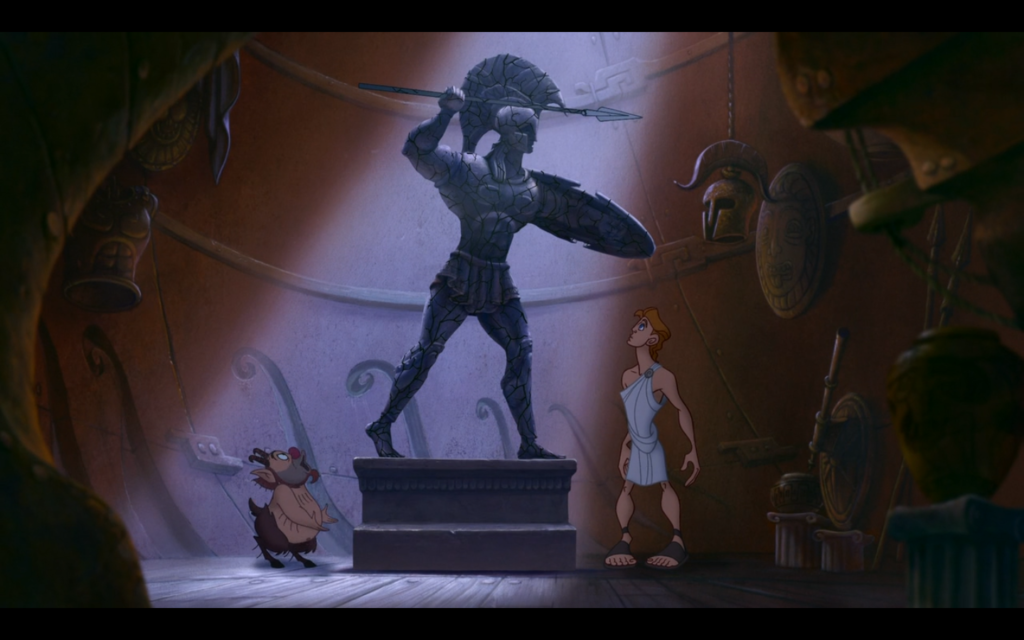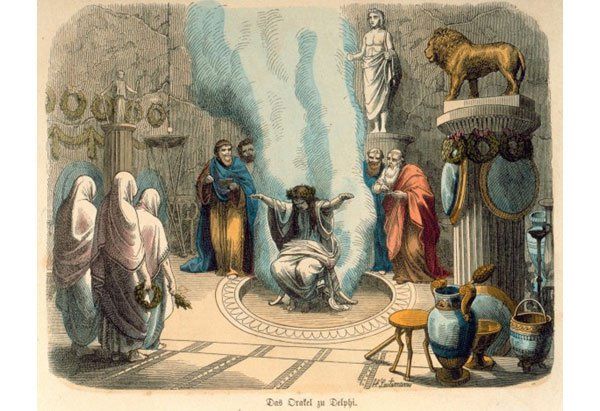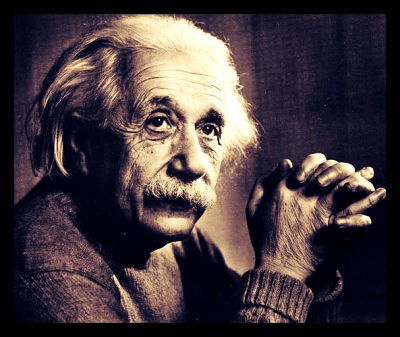In this Blog I strive to establish the premise that “you too can become a Sage,” and then proceed to flesh out the mindset and patterns of behavior that characterize Sages. But I think one thing that needs to be addressed early on is the popular conception of a Sage, because this can create a mental barrier to becoming one.
So let me ask, what comes to your mind when you think of the word “Sage,” or the phrase “wise man”? Hold that thought while I go through three things you may be thinking…
1. They are all “Old white men”
Often times the “Sage” is pictured as an old person with white hair and a beard. This idea came from the belief that “experience is the best teacher.” And boy, no group has more life experience than the elderly! But wait! Does someone have to experience everything in their own life over the course of decades to grow as a person? Not necessarily. Perhaps it can be more impactful that way, but the experience we gain from reading great literature and studying the past actions of others can be a powerful road to wisdom.
It is also not the case that all Sages are white. Some of the most famous Sages in history have actually come from India and China. We might think of Siddhartha Gautama, Lao Tzu, or the aptly named “Four Sages of China.” Their schools of thought have influenced billions of people around the globe. Africa also has a rich oral tradition. The 20th century Kenyan philosopher Henry Odera Oruka elaborated on this tradition known as “African Sage Philosophy,” and how it stacks up against the Eurocentric thinking that has come to dominate the universities.
And lastly, not all Sages are men. Although women have not been afforded an equal voice to express their wisdom until the last few centuries, several of my favorites come to mind. Political rulers like Queen Victoria and Empress Catherine II of Russia were some of the most stable and respected leaders of their time, Catherine being considered a “philosopher on the throne.” It is often said in my circles that Sappho was one of the greatest Greek poets and thinkers, and Ban Zhao of China was arguably the most famous scholar of the Han dynasty.

2. They are “Lonely hermits”
The motif of the wise old man rebuffing the hero when he comes to seek help is a very common one in movies and literature. Perhaps the wise man had once been a hero, but had experienced so much betrayal and failure on his journey that he became hopeless and nihilistic, deciding to live the rest of his days alone.

In the Disney movie Hercules, the mentor Philoctetes refuses to help at first because his confidence is crippled by past failures.
Then the hero comes along, hoping for the missing piece to his puzzle, only to find a crotchety, cynical old man who couldn’t care less about his own hygiene let alone the needs of people around him. But usually at some point the hero figure triggers the old man’s call to action, perhaps by reminding him of his glory days, or warning him that soon the forces of evil will be destroying something he holds of value. After a catalyst like this the old man decides to become a mentor and sometimes even a hero in his own right.
What I see in stories like this is a Sage who has lost his way. Before his call to being a mentor he was mostly useless, because frankly what does it matter having all that wisdom if you don’t use it to make the world better. When the hero rekindles the Sage’s sense of adventure and responsibility, he finally earns back his title. And that is the point. You become a Sage when you reach out beyond yourself to help others, not when you read a certain number of books at home, by yourself, on the couch.
3. They are “full of themselves”
We have all had the misfortune of being around people who love to hear themselves talk. Why do those conversations tend to be so annoying? Well, when someone barrages you with facts and constantly talks themselves up, it implies that they think they have more to offer in the conversation than you do. And those sorts of people usually label themselves knowledgeable and wise.
The fact is that no one likes condescension, and no one likes being in a conversation that feels more like a competition. And because the idea of being “wise” has so often been conflated with being a “know it all,” this has left Sages with a bad stigma.
Here’s the real truth about wisdom.
There is a story told about Socrates when he started to become better known as a philosopher. One day he hears from a friend that the Oracle of Delphi had revealed that Socrates was the wisest man in Athens. He could have responded with boasting or celebrating. But Socrates actually thought that the Oracle was wrong.

He set about questioning everyone he could find, asking them what was truly worthwhile in life. He reasoned that if anyone knew that, they would surely be wiser than him. But no one could give him a satisfactory answer. Instead they all pretended to know something they clearly did not.
Finally he realized the Oracle might be right after all. He was the wisest man in Athens because he alone was prepared to admit his own ignorance rather than pretend to know something he did not. Socrates thought that he couldn’t be the wisest man in Athens because he was conscious of how much he didn’t know. But it was that self-awareness; the fact that he knew how much he didn’t know that actually made him wiser than the rest.
Basically what I am saying here is that REAL wisdom comes with a healthy dose of humility and grace. In practical terms, if you are truly a Sage, people will walk away from you feeling refreshed and are eager to speak to you again. It is those who are “wise in their own eyes” that leave a bad taste in someone’s mouth.

“The More I Learn, The More I Realize How Much I Don’t Know.” – Albert Einstein
4. Sage is also an herb!
Actually, that one is true…
Conclusion
It is important to consider the connotations surrounding the word “Sage,” because sometimes our first impressions can be wrong, and this may lead to us creating mental barriers to entry.
For example, younger people who watch the Star Wars franchise may admire Yoda and Obi Wan, but who they want to be is Luke and Anakin Skywalker. This is because they think that the wise mentor archetype is out of their reach. It is more popular to imitate the youthful, more adventurous characters. In real life, however, no lightsabers are required. Instead there are thousands of decisions that will require level-headed thinking. So while it is important to have your sense of adventure as a young person, you should also strive to be the wise man in every story you find yourself a part of.
Therefore, when I say that “you too can become a Sage,” I do mean everyone. Does this in some way cheapen the ideal of being a Sage? Not at all. What I am trying to do is raise the standard for how people conduct their lives to meet that standard. And when they do, there is no telling the adventures they will have, the sense of meaning and purpose they will feel, and the positive effects they will have on others.
So what do you think?
Please share your thoughts below! What do you think of when you hear the term “Sage?” Who is your favorite Sage from History and why? What do you think you need to work on in your own life’s journey?
From Athens’ forum to ours. Live wisely my friends.
Archie the Sage
